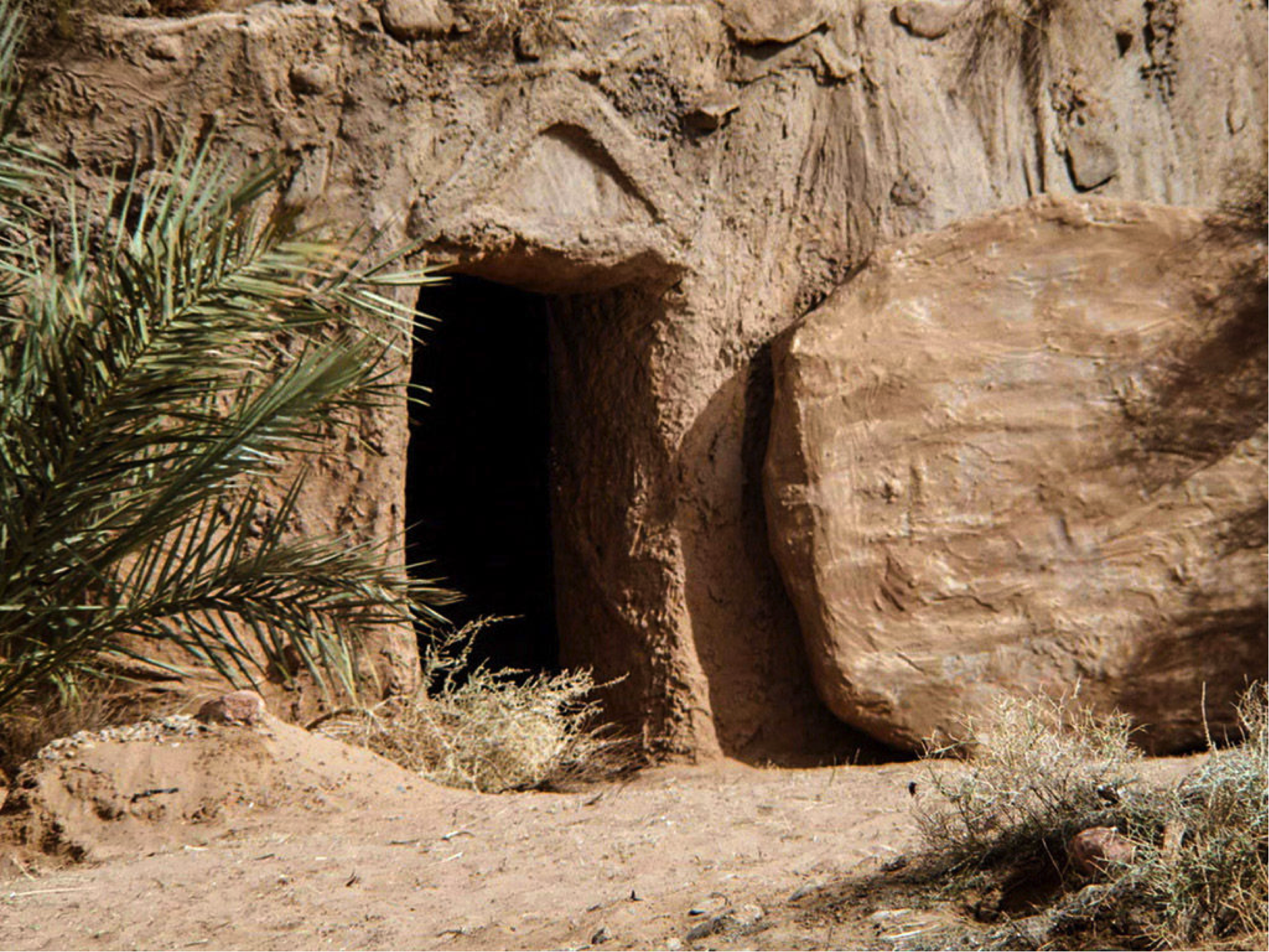
“God is spirit, and those who worship Him must worship in spirit and truth.” John 4:24
What is worship? In the general sense, worship is ascribing and expressing supreme worthor value to someone or something: a god, a person, an ideology. The old English word “woerthscipe” means “worth-ship.” It is thus observable that human beings are by nature worshipping creatures, whether in primitive or modern societies, where celebrity, wealth and a host of other idolatries have captured our affections and devotion.
Christian worship, according to Presbyterian theologian James B. Torrance, is “the gift of participating through the Spirit in the incarnate Son’s communion with the Father,” encompassing the life of the believer walking and living by the Spirit in all areas of life. Nevertheless, worship in the contemporary churches is almost exclusively understood in terms of music, with bands and popular songs as the hallmark of the new worship. Worship services have all the attributes of a concert, with the stage and seating arrangements designed for a performer-spectator experience. Biblical worship is not entertainment however; the worship leaders are the prompters, the congregants the performers, and God the audience.
Moreover, a prominent word used for worship in the New Testament is leitourgeia, “liturgy,” “the work of the people” or “public service.” Subsequently, true worship is participatory, the gathered saints sharing their Spirit-endowed gifts for the building up of the Body of Christ. Preaching, prayer, communion, tithes, as well as music are all integral to a healthy spiritual diet as the Lord’s people fulfill the call to become worshippers in spirit and truth, whom the Father seeks to worship Him.